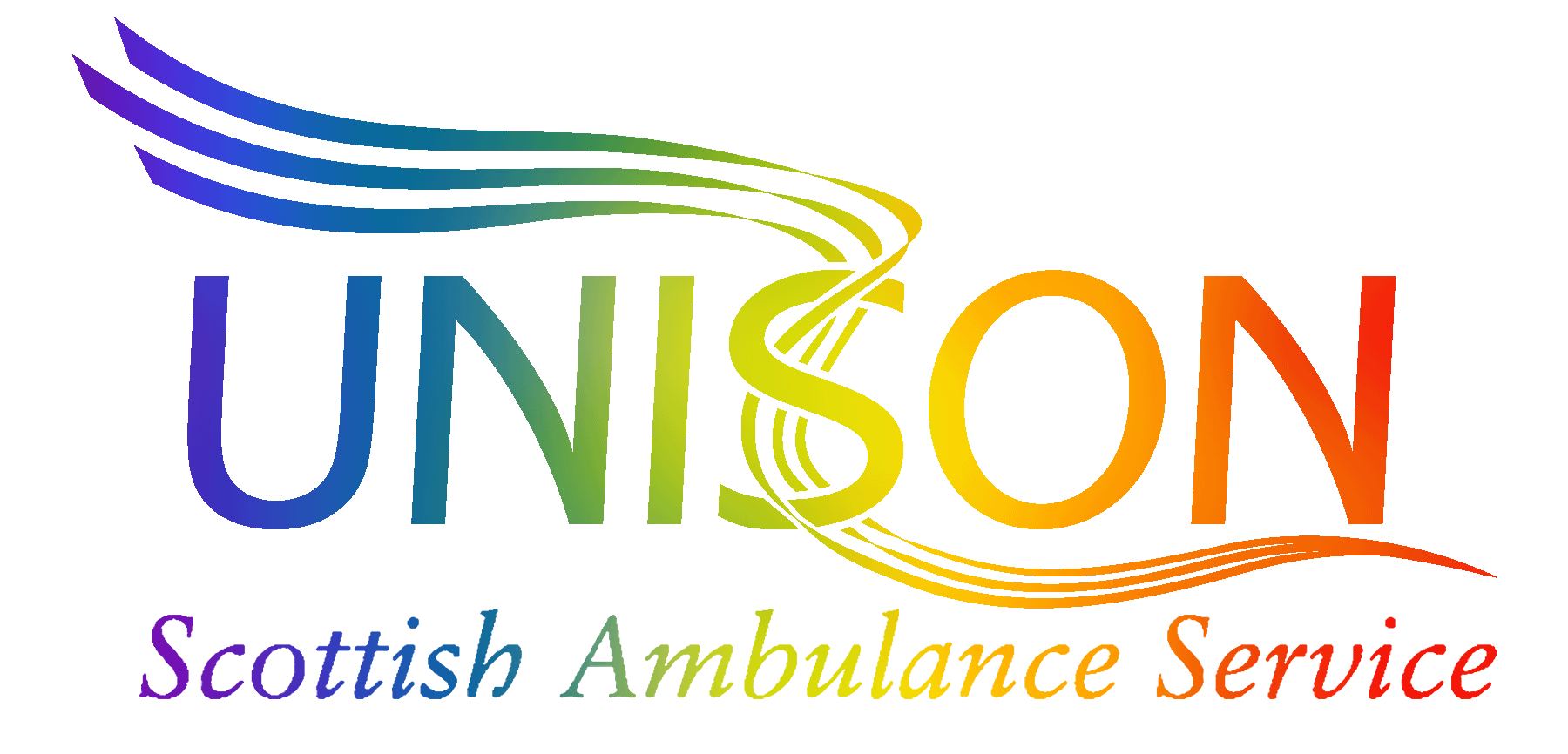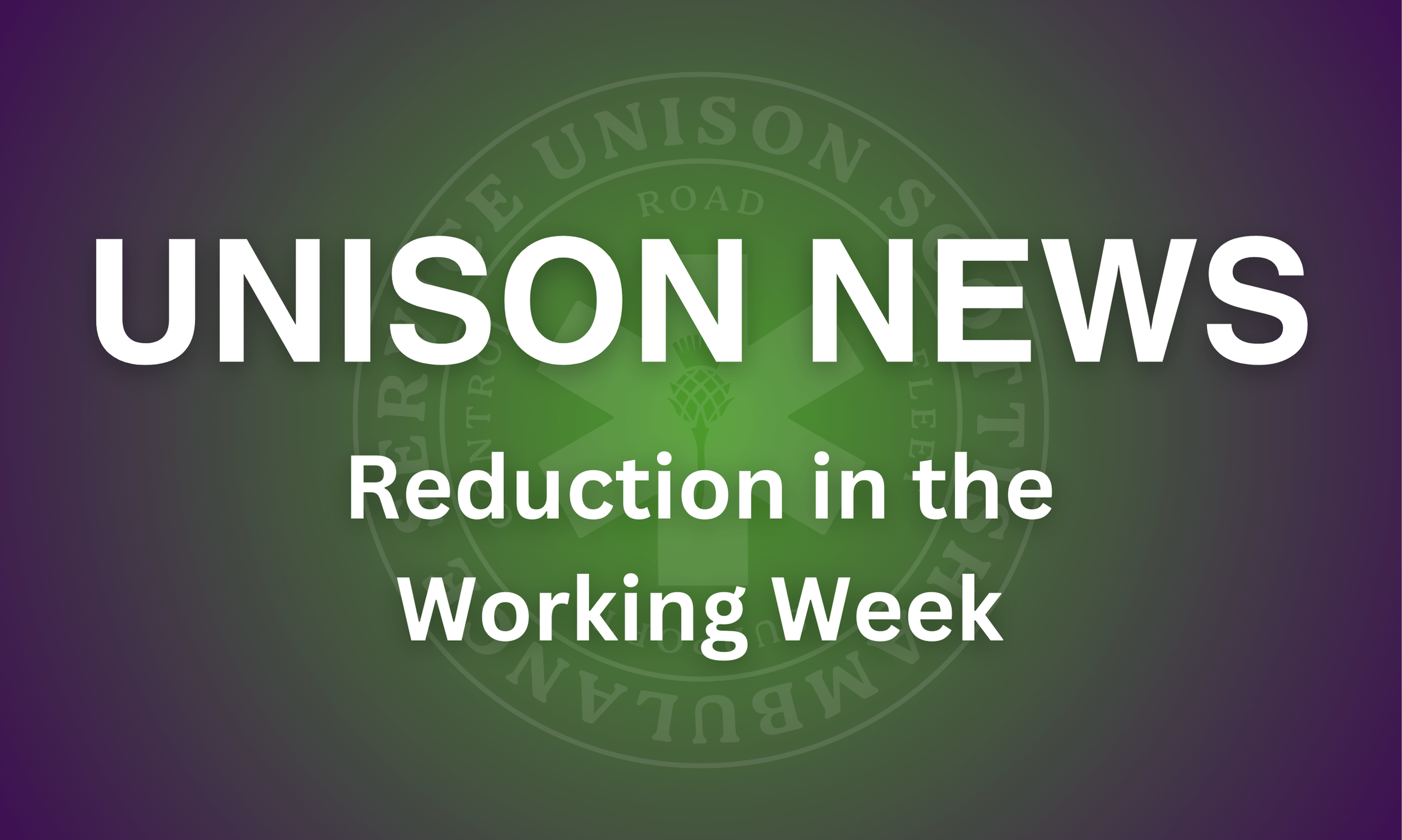In a groundbreaking move that marks a significant shift in work culture, the Scottish Government's Health Workforce Pay, Practice and Partnership Division has announced a reduction in the working week for Agenda for Change staff within NHS Scotland. This change, detailed in the PCS(AFC)2024/2 circular, is a result of extensive reviews and collaborative efforts aimed at enhancing work-life balance and overall staff well-being.
A Commitment to Well-being and EfficiencyThe decision, emerging from the pay settlement for Agenda for Change staff for the year 2023-24, involves a reduction in the working week to 37 hours for full-time staff, implemented from 1 April 2024, without any loss of earnings. This initiative, approved by Scottish Ministers, reflects a deep commitment to improving the working conditions of NHS staff, ensuring they can deliver the highest quality care while maintaining their own health and well-being.
Key Principles and ImplementationThe circular outlines several key principles guiding this transition:
The aim is clear: to reduce full-time staff hours from 37.5 to 37 hours per week, pro-rata for part-time staff, without any loss of earnings.
Transition to the reduced hours is expected to be managed locally within Area Partnership Forums, allowing for tailored approaches that consider the unique needs and capabilities of different service areas.
Hourly rates will be adjusted to ensure no loss in overall earnings, a move that demonstrates a careful balance between enhancing staff well-being and maintaining financial stability.
Innovative thinking is encouraged among managers and staff to effectively implement this change across various working patterns, promoting flexibility and a better work-life balance.
Part-time staff will also see their hours reduced on a pro-rata basis, ensuring that the benefits of this policy are shared broadly among NHS Scotland employees.
Challenges and SolutionsRecognizing the diverse and often intense demands placed on different sectors of the NHS, the circular also addresses potential challenges. In instances where service pressures prevent immediate implementation of reduced hours, staff will be compensated accordingly until such reductions can be safely accommodated. This pragmatic approach underscores the government's dedication to both patient care and staff welfare.
Looking AheadThis policy represents a significant step forward in recognizing the importance of work-life balance and its impact on employee satisfaction and productivity. By reducing working hours without compromising on pay, NHS Scotland not only acknowledges the hard work and dedication of its Agenda for Change staff but also sets a precedent for other sectors to follow.
As NHS Scotland navigates this transition, the focus remains firmly on ensuring that this change benefits both staff and the communities they serve. The move towards a 37-hour work week is not just a change in numbers but a reflection of a broader commitment to creating a healthier, more sustainable work environment for one of Scotland's most vital workforces.
For those seeking further details or guidance on this policy, resources and contact information have been provided by the Scottish Government, emphasizing the ongoing support for both employees and management through this significant adjustment.
REDUCTION IN THE WORKING WEEK FROM 1 APRIL 2024
INCREASE OF HOURLY RATES
Note: The rates specified below are based on the 2023-24 pay settlement as the 2024-25 settlement has not yet been agreed. When it is, the relevant rates will increase and arrears will be paid. For clarity, the reduction from a 37.5 to a 37 hour week represents an across the board 1.35% increase in hourly rates.
From 1 April 2024, pay will be worked out with reference to the 37 hour rates. This will include unsocial hours enhancements and any other aspect of pay which is linked to hourly rates.

REDUCTION IN THE WORKING WEEK FROM 1 APRIL 2024
FREQUENTLY ASKED QUESTIONS
From 1 April 2024, full-time hours for Agenda for Change staff will be reduced from 37.5 to 37 hours, without loss of earnings.
This document has been created in order to answer questions that have been raised.
This is a live document which will be updated on an ongoing basis as required.
Reduction in hours and flexibility
Q1: What will happen to my pay on 1 April if I am on an Agenda for Change contract?
A: There will be no detriment to basic pay. However, the reduction in hours represents a 1.35% increase in hourly rates.
Q2: What happens to my hours if I am part-time?
A: Hours will be reduced pro rata from 1 April 2024. New part-time hours should be calculated in the following way (current part-time hours/37.5)x37 = new part-time hours.
You may however be able to retain your original part-time hours following discussions with your line manager. This will be subject to service requirements. If this is agreed, you will be paid the improved hourly rate.
Q3: What happens if I start working on an Agenda for Change contract on 1 April?
A: The whole-time contractual hours will be 37. However, you may be required to work an additional half hour in the first instance, if the department you are joining has not yet reduced to the 37 hour working week.
Any member of staff who joins part-time will be paid as per the new hourly rate based on the new whole-time equivalent of 37 hours but again may need to work extra hours up to the original part-time hours of the post if the department you are joining has not yet reduced to the new 37 hour working week.
Q4: What happens if my service area cannot reduce my working hours in the first instance?
A: The standard working week for AfC staff in NHS Scotland from 1 April 2024 is 37 hours. It is however recognised that this change may impact on service delivery and patient safety if not carefully managed. It has therefore been agreed as part of the
collective agreement that in the limited circumstances where a service cannot
implement from 1 April, staff who are required to work their existing contracted hours during the local transition period will be recompensed by way of a temporary RWW Transitional Allowance at the following rates:
- Additional time worked, in respect of the RWW Transitional Allowance will be paid in a manner consistent with the rates agreed for overtime in the Agenda for Change Handbook. Part-time staff will receive plain time up to 37 hours and full-time staff will receive time and a half for anything above 37 hours.
- Contractual overtime will not apply as the move from 37.5 to 37 is transitional up to the point it is safe to fully reduce to 37 hours.
- Unsocial hours will be calculated based on new hourly rates.
Q5: Will all adverts posted after 1 April 2024 show a full-time working week of 37 hours?
A: Yes. See above answer where required.
Q6: What is the new whole-time for NHS Agenda for Change staff in the tax year 2024/25?
A: 37 hours.
Q7: I am a Bank worker only and don’t work regular hours – will the increase in the hourly rate apply to me as well?
A: Yes.
Q8: What happens if my manager and I can’t agree on how the working time is reduced?
A: Any disputes should be resolved through local partnership arrangements. You will be entitled to be represented by your trade union or professional organisation.
Q9: Will my Pension be affected?
A: No, pensions will not be affected.
Q10: What will happen to my current annual leave entitlement?
A: There will be no change to annual leave entitlement as outlined in the Agenda for Change handbook. Calculations in hours will now reflect the normal hours for a working day, which will now be 7.4 hours (37/5) instead of as current 7.5 hours (37.5/5).
Entitlement can be worked out using the online annual leave calculator - https://workforce.nhs.scot/calculators/annual-leave-calculator.
Staff wishing to ascertain their leave entitlement for the 1 April 2024 to 31 March 2025 leave year should be careful to enter the correct hours under these new provisions, to ensure the calculator provides an accurate response. Any staff unsure of what their working hours are in the 2024-25 leave year may wish to check with their manager or HR department.
Q11: Does this apply to all NHS Contracts?
A: No, this agreement is for Agenda for Change staff only.
Q12: Will staff be issued with a change in contract as a result of the change in working hours?
A: No, a change in contract will not be required. However, the Agenda for Change handbook will reflect the new whole-time equivalent.
Q13: I am currently in receipt of pay protection. If the reduction in the working week is not implemented in my department from 1 April 2024 and a Temporary RWW Transitional Allowance needs to be paid, will this be offset against my pay protection?
A: No, this temporary RWW Transitional Allowance will be paid in addition to any pay protection already in place.
Q14: Does it attract organisational change protection if my service changes?
A: No. This is a negotiated national change to terms and conditions and not a service change being made by your employer. However, the expectation is that in circumstances where services are changed, the requirement to comply with the new standard working week will be resolved as part of the planned change.
Q15: What happens if I currently work contractual overtime?
A: Contractual overtime that you currently are required to work will not be affected by this additional half hour that may be required in the interim.
Q16: What are the plans for ultimately reducing the working week to 36 hours and timescales?
A: The reduction in the working week from 37.5 to 36 hours has an overall aim of reducing to 36 hours by 1 April 2026. The Reduced Working Week Group will work to consider how this can be safely achieved, including through a series of early adopters as well as full evaluation of the first 30 minute reduction.
Q17: I regularly do overruns. How does the reduction work and how does the payment work?
A: There will be a number of areas across the Health Service that work alternate arrangements/rosters where overruns occur. Please contact your manager or local HR department on how this is being managed at a local level.
Q18: Will the “RWW Transitional Allowance” appear on my payslip?
A: No. Whilst staff will be paid as per the agreed approach until such time as hours can be reduced to 37, it will not appear on payslips as a separate payment.





